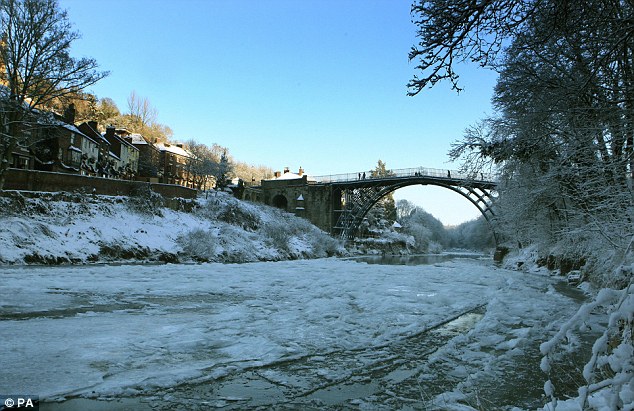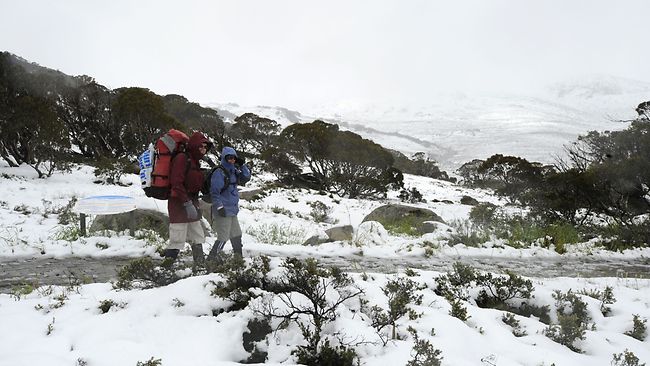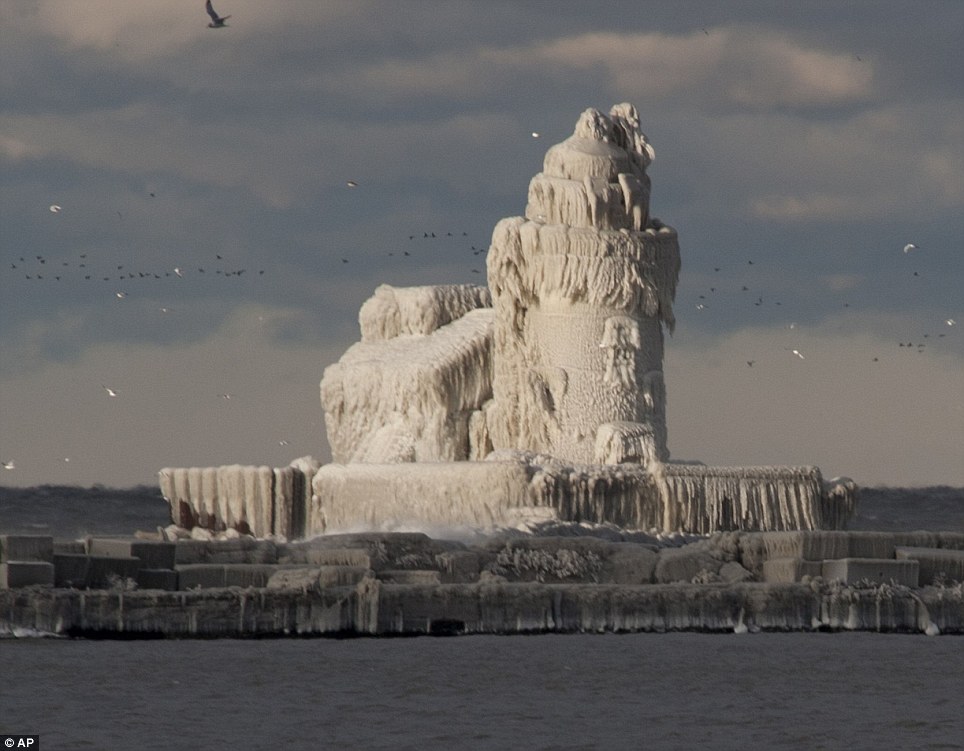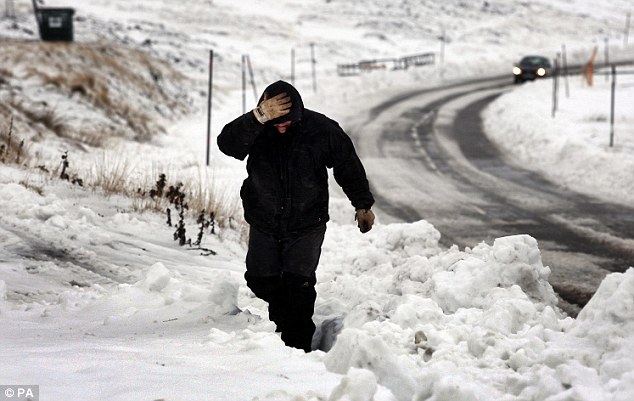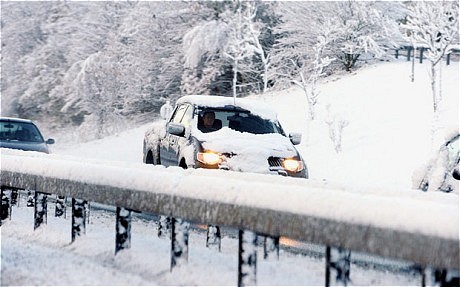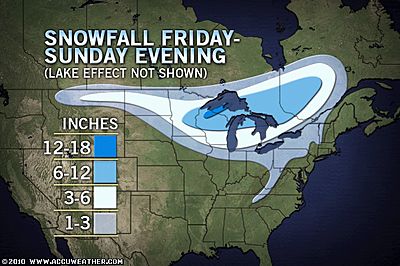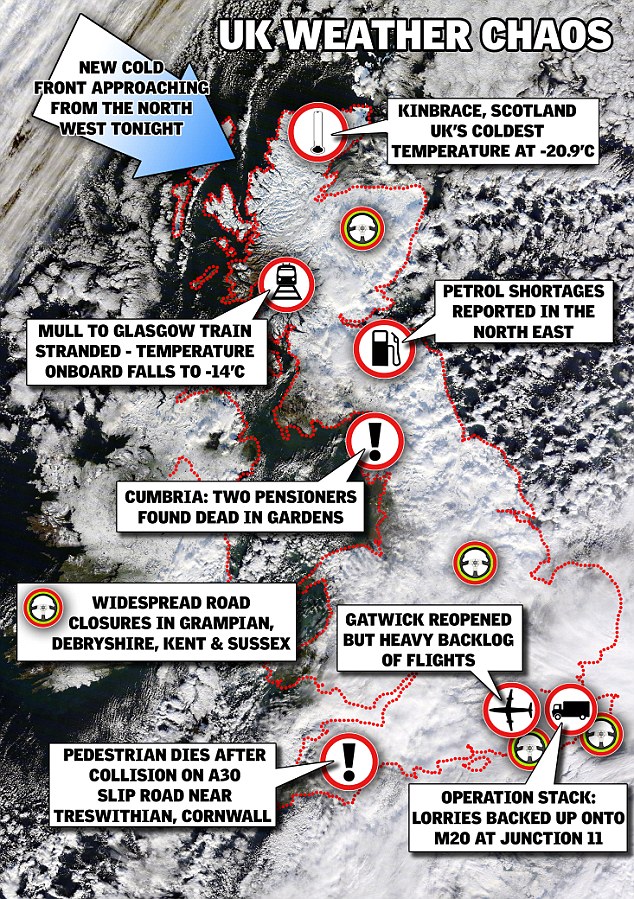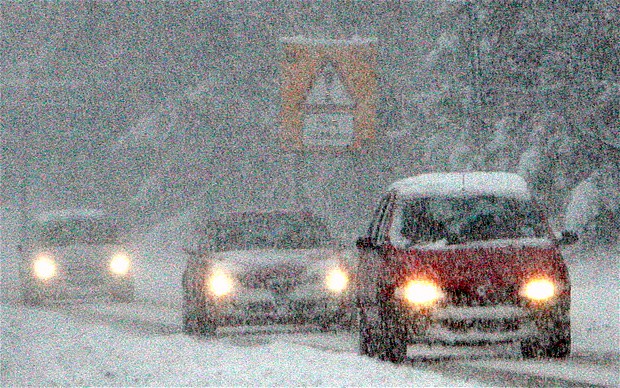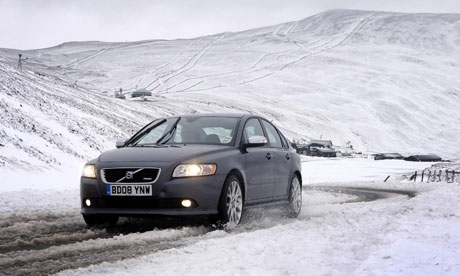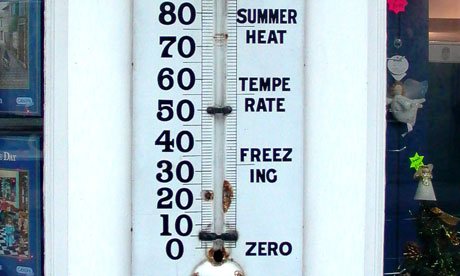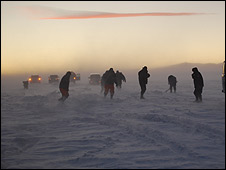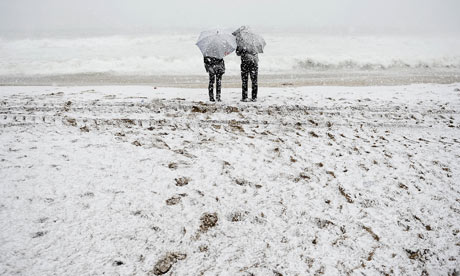See also:
– Life on this Earth Just Changed: The North Atlantic Current is Gone
– Loop Current in the Gulf of Mexico Has Stalled From BP Oil Disaster!
– Global Cooling and the New World Order:
The 58th Bilderberg Meeting will be held in Sitges, Spain 3 – 6 June 2010. The Conference will deal mainly with Financial Reform, Security, Cyber Technology, Energy, Pakistan, Afghanistan, World Food Problem, Global Cooling, Social Networking, Medical Science, EU-US relations.
Yes, ‘Global Cooling’ was on the Bilderberg agenda!
Global warming is a scam:
– Professor Harold Lewis: ‘Global Warming Is The Greatest And Most Successful Pseudoscientific Fraud I Have Seen In My Long Life’
– Kiwigate: Global Warming Scam Revealed in Court
Coldest winter in 1,000 years on its way

After the record heat wave this summer, Russia’s weather seems to have acquired a taste for the extreme.
Forecasters say this winter could be the coldest Europe has seen in the last 1,000 years.
The change is reportedly connected with the speed of the Gulf Stream, which has shrunk in half in just the last couple of years. Polish scientists say that it means the stream will not be able to compensate for the cold from the Arctic winds. According to them, when the stream is completely stopped, a new Ice Age will begin in Europe.
So far, the results have been lower temperatures: for example, in Central Russia, they are a couple of degrees below the norm.
“Although the forecast for the next month is only 70 percent accurate, I find the cold winter scenario quite likely,” Vadim Zavodchenkov, a leading specialist at the Fobos weather center, told RT. “We will be able to judge with more certainty come November. As for last summer’s heat, the statistical models that meteorologists use to draw up long-term forecasts aren’t able to predict an anomaly like that.”
In order to meet the harsh winter head on, Moscow authorities are drawing up measures to help Muscovites survive the extreme cold.
Most of all, the government is concerned with homeless people who risk freezing to death (The government? Sure!) if the forecast of the meteorologists come true. Social services and police are being ordered to take the situation under control even if they have to force the homeless to take help.
Read moreEurope: Coldest Winter in 1,000 Years On Its Way, Connected To Gulf Stream Changes, Say Scientists
